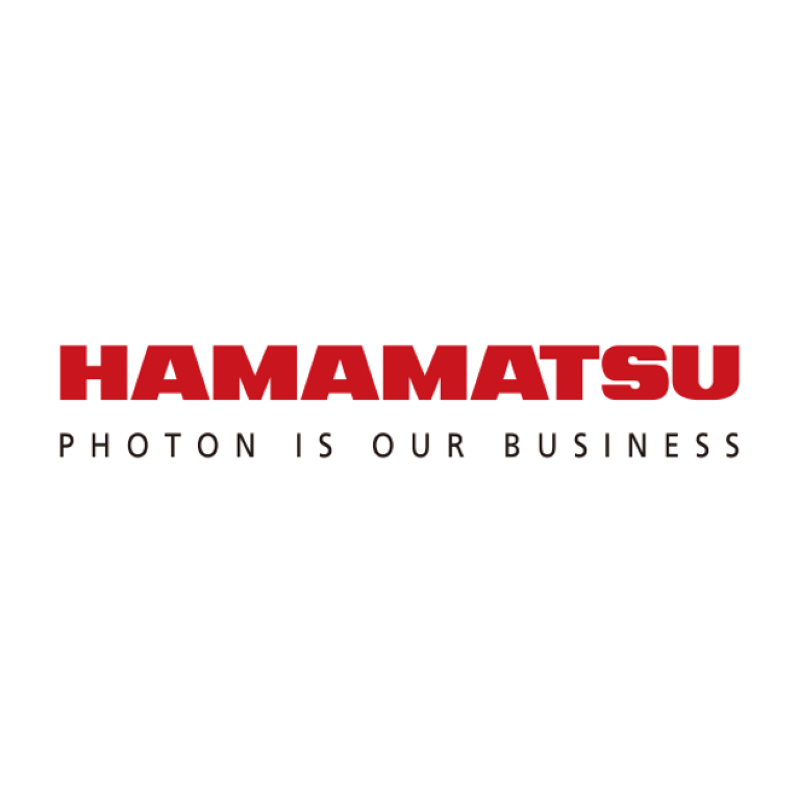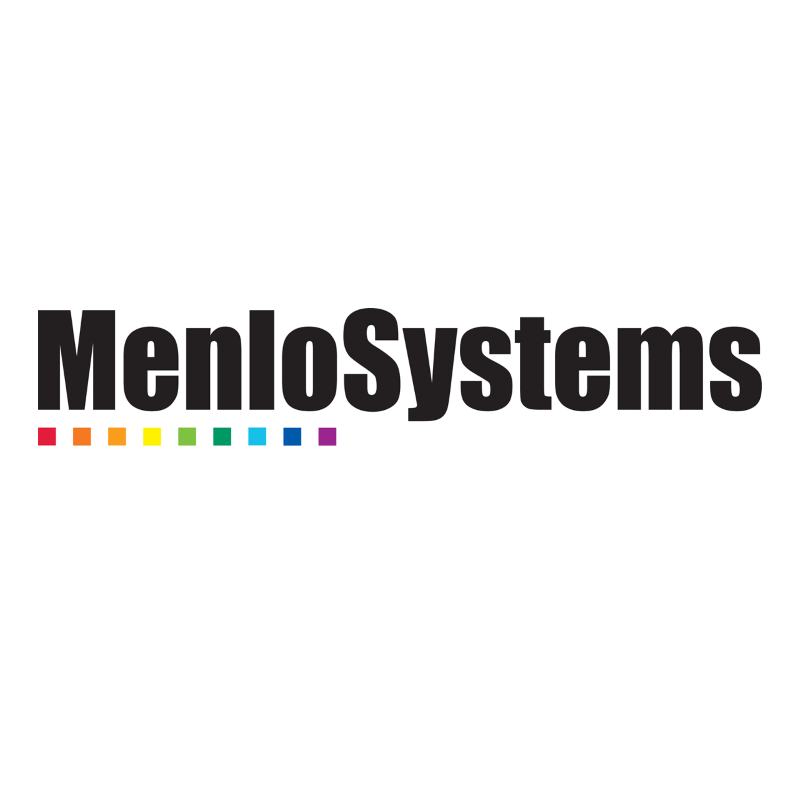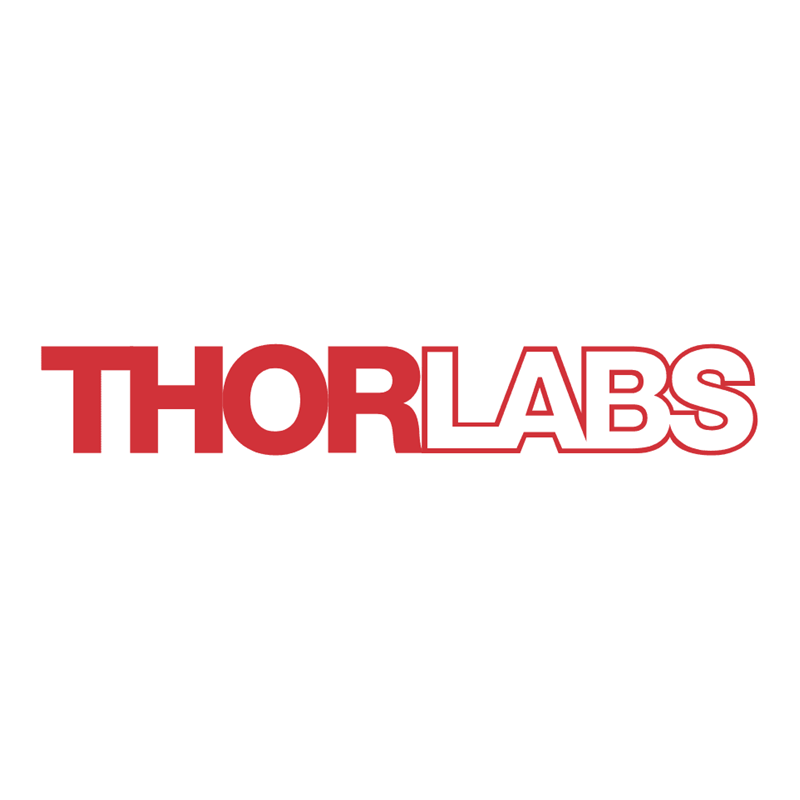Hänsch Prize in Quantum Optics
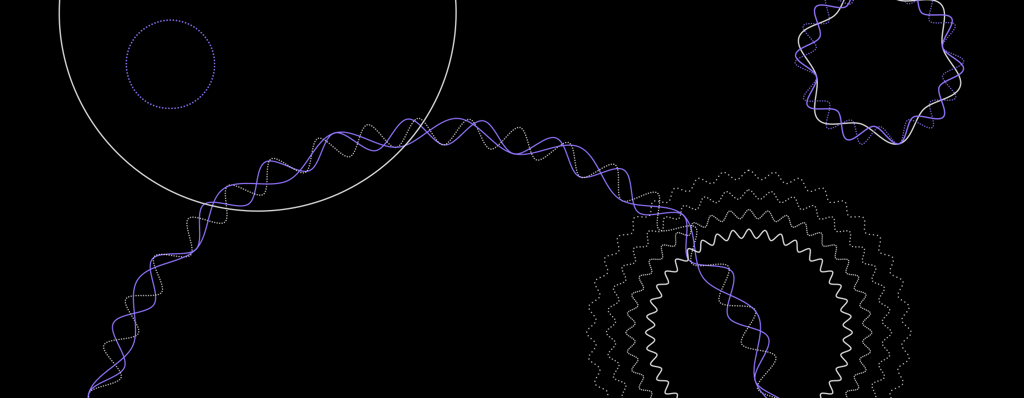
Foundation
Hänsch Prize in Quantum Optics
Be recognized for excellence in quantum research.
Program Prize
US$20,000 stipend and travel expenses to be recognized at Quantum 2.0
Foundation
The Theodor W. Hänsch Prize in Quantum Optics provides recognition and funding for early-career professionals engaged in exciting and innovative projects that have the potential to make a meaningful and positive impact on the science and applications of optics-enabled quantum technologies.
Created in partnership with donors Hamamatsu Photonics, MenloSystems, and Thorlabs, the goal is to support individuals in the area of quantum optics and photonics for the purpose of providing dynamic and rigorous research with an approach to solving complex, theoretical or real-world problems. Recipients will be granted total research freedom with consideration being given to the following:
- Work focused on advancing basic research, or pursuing a compelling project that has a meaningful global impact.
- Efforts focused on transitioning an idea into a commercial innovation
Application Information
How To Apply
Submit your application at apply.optica.org
Applicant Requirements
- Must be an Optica member.
- Must be an early-career professional (1-5 years post highest degree).
- Conducting research in quantum optics.
- Examples of some eligible disciplines within quantum optics: optical systems, metrology, cryptography and keys, computing, single-photon emitters, low-noise photodetectors, optical traps, cold atoms.
Program requirements recognize and exclude career breaks from career timelines (e.g., eldercare, maternity, paternity leave, inability to work due to COVID-19).
Application Requirements
- CV/Resume (Max 4 pages).
- Proposal (Max 2 pages).
- Highlight current research and the potential impact of your project/research to advance the field of quantum optics, solve real-world challenges, and/or have a global impact.
- Overview of how the $20,000 prize would benefit your research and career.
- One example of published work.
- Two letters of recommendation.
Document Formatting Requirements:
- Size: A4 (8.3" x 11.7").
- Margins: 1" (2.54cm) minimum, all sides.
- Format: Single-column.
- Font: Arial, Times New Roman, or Courier, 11pt or larger.
- Font sizes below 11pt are permissible for mathematical formulas/equations, figure/table captions, and special characters.
If you have questions, please contact apply@optica.org.
Recipients
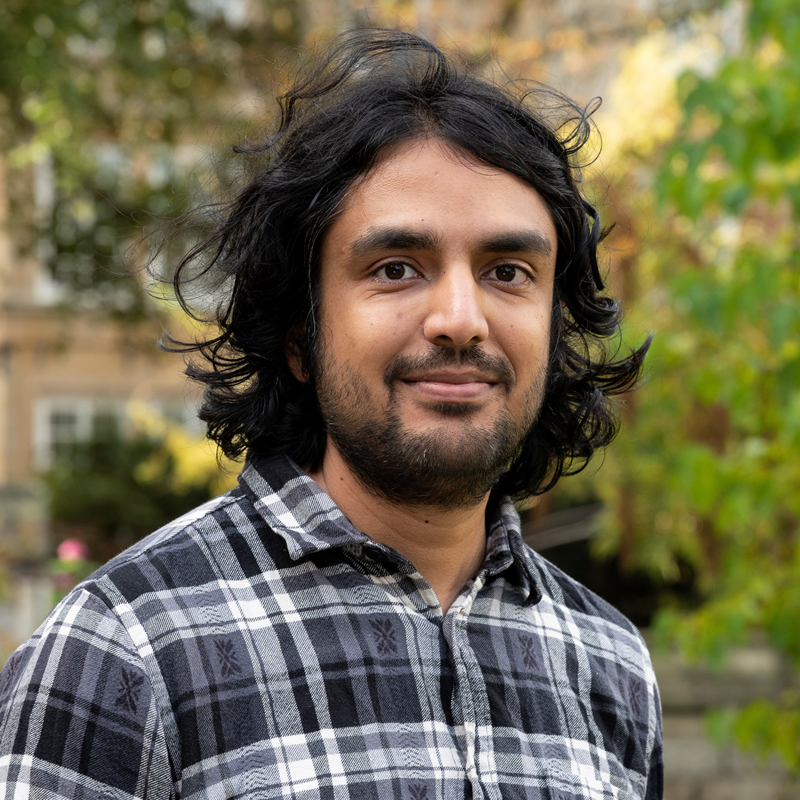
Raghavendra Srinivas
University of Oxford, UK
for his work to create and manipulate nonclassical states of trapped ions.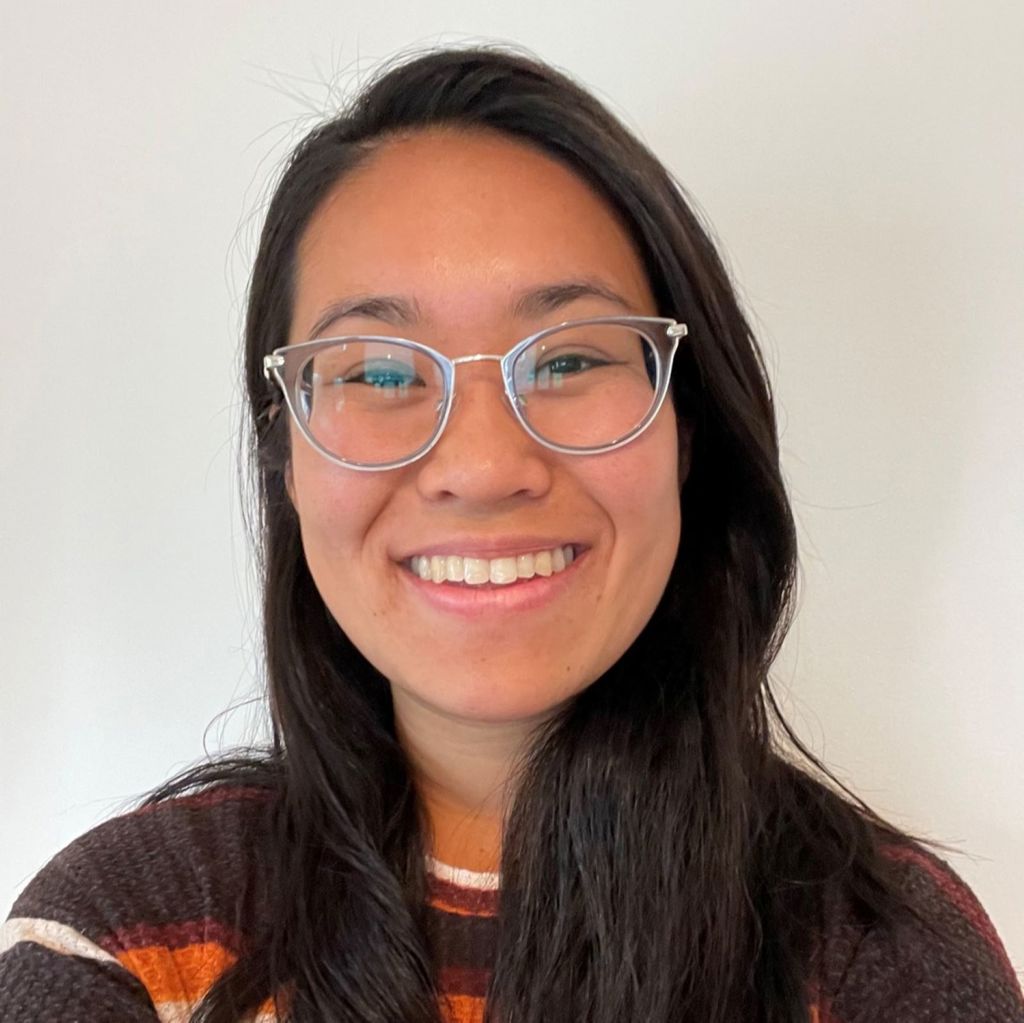
Victoria Xu
MIT Kavli Institute - LIGO Laboratory, USA
for her contributions in using quantum optics to fundamentally improve metrology through large-scale interferometers and advance gravitational wave detection.Contributors
About the Endowment
The prize honors the extraordinary contributions of Theodor W. Hänsch, Director of the Max Planck Institute of Quantum Optics. A native of Germany, Hänsch earned his Ph.D. in Laser Physics from the Ruprecht Karl University of Heidelberg and, soon after, became a professor at Stanford University. In 1986, he was awarded the Albert A. Michelson Medal from the Franklin Institute and chose to return to Germany as to direct the Max Planck Institute, where he continues to serve as Director as well as a Carl Friedrich von Siemens Professor at the Ludwig Maximilians University.
Theodor Hänsch is known for his seminal contributions in the field of laser spectroscopy. In 2001, he and two of his PhDs began Menlo Systems as a spin-off of the Max-Plack Institute and, in 2005, he shared one-half of the Nobel Prize in Physics for contributions to the development of laser-based precision spectroscopy, including the optical frequency comb technique. Throughout his career, he has received many awards, including Optica's William F. Meggers Award and Frederic Ives Medal/Jarus W. Quinn Prize. He has given more than a lifetime’s worth of dedication and achievements to physics, lasers and photonics. He remains an inspiration to everyone who calls him friend, colleague, boss or mentor.
2025 Selection Committee
| Name | Affiliation | Country |
|---|---|---|
| Yaseera Ismail | University of Stellenbosch | SOUTH AFRICA |
| Huanqian Loh | Duke University | SINGAPORE |
| Michael Mei | Menlo Systems GmbH | GERMANY |
| Paolo Alberto Nussenzveig | Universidade de Sao Paulo | BRAZIL |
| Martin Schell | Fraunhofer HHI | GERMANY |
| Zhiliang Yuan | Beijing Academy of Quantum Info Sciences | CHINA |
